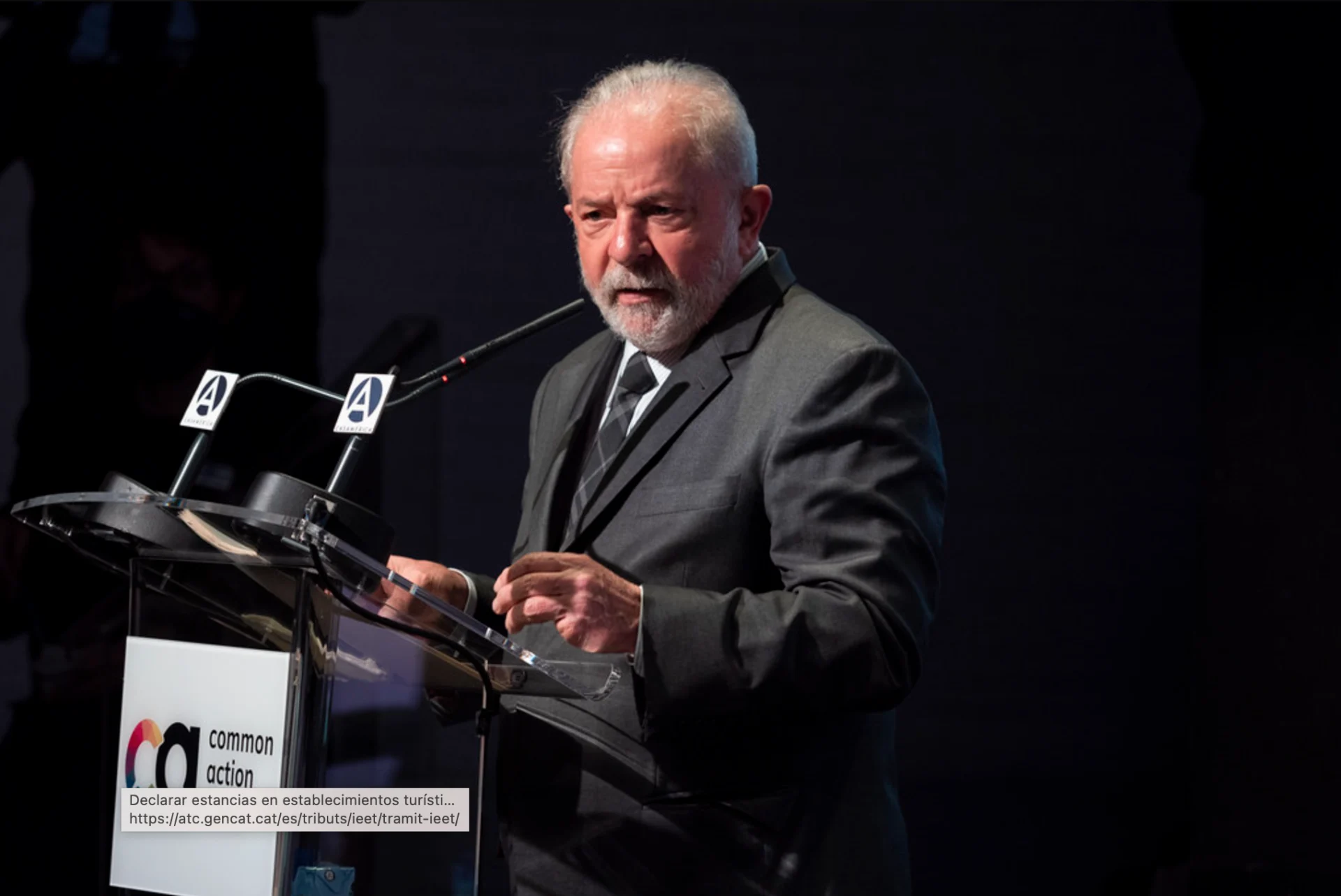During Lula’s first two terms, his foreign policy, shaped by his chancellor and key strategist Celso Amorim, was consistently self-described as “active and bold.” On the one hand, it was “active” because of its global ambitions, demonstrated by Brazil’s involvement not only in regional issues but also in international affairs, sometimes even in matters not directly related to the country, such as the attempt to mediate a deal with Iran regarding its nuclear program. On the other hand, it was “bold” in its pursuit of major objectives, such as reforming the United Nations Security Council, and in treating world powers and developing nations with equal diplomatic respect. To paraphrase Brazilian singer-songwriter Chico Buarque, Brazil should not speak louder to Bolivia or softer to the US.
A key aspect of this approach, aimed at avoiding external interventions that could compromise Brazil’s longstanding goal of autonomy, was positioning Brazil as a regional leader. This involved continuous efforts to build bridges between the North-South axis and mediate regional conflicts through diplomacy. This is why Brazil sought strategic dialogue with the U.S. administrations of George W. Bush (2001-2008) and Barack Obama (2009-2016) while maintaining close relations with Hugo Chávez’s Venezuela (1999-2013).
Current political landscape
However, in the current political landscape, acting as a regional leader capable of addressing Latin American issues has become increasingly challenging. The crises in Nicaragua and Venezuela exemplify these difficulties. Despite initially positive relations with both countries during Lula’s first two terms—largely due to historical ties between his Workers’ Party and the Unified Socialist Party of Venezuela as well as the Sandinista National Liberation Front—Brazil’s relations with these nations have deteriorated due to the radicalization of their authoritarian left-wing regimes.
In Nicaragua, Brazil sought to reopen diplomatic channels at the start of Lula’s third term, with the new administration willing to make concessions to adopt a “constructive posture,” as stated by Brazil’s current chancellor, Mauro Vieira. Last year, in an effort to avoid direct conflict with President Ortega’s government, Brazil remained silent on Nicaragua’s human rights violations at a UN Human Rights Council meeting. Simultaneously, Brazil offered to receive over 300 Nicaraguans expelled for political reasons, maintaining its role as an intermediary. More recently, during a visit to the Vatican, Lula responded positively to Pope Francis’s request to mediate the conflict between Ortega’s government and the Catholic Church, especially concerning Bishop Rolando José Álvarez. However, Nicaragua’s increasing isolationism was evident when Lula revealed that Ortega had not responded to his calls.
Lula’s moderate approach toward Nicaragua faced a significant setback when Managua expelled Brazilian Ambassador Breno da Souza Costa after Brazil, following its foreign ministry’s guidance, declined an invitation to participate in the 45th anniversary of the Sandinista Revolution. In retaliation, Brazil expelled Nicaraguan Ambassador Fulvia Patricia Castro Matu, further straining relations.
The situation in Venezuela is even more complex due to its size, regional significance, ongoing humanitarian crisis, and international scrutiny. In an effort to restore diplomatic ties that had been strained during the administrations of Michel Temer (2016-2018) and Jair Bolsonaro (2019-2022), Lula invited President Nicolás Maduro to Brasília for the 2023 South America Summit and held a bilateral meeting with him beforehand. However, tensions escalated just weeks before the Venezuelan general elections. In a bid to position himself as a credible mediator, Lula expressed his concern over Maduro’s remarks about a potential “bloodbath” if the opposition won the elections, stating, “I was scared by Maduro’s statement that if he loses the elections there will be a bloodbath; whoever loses the elections takes a bath of votes, not blood. Maduro has to learn, when you win, you stay; when you lose, you go”. Maduro responded dismissively, suggesting that Lula “eat an apple” if he was scared.
Following Maduro’s controversial victory, declared by the Venezuelan Electoral Council without revealing the voting proceedings, Brazil’s position as a mediator became even more precarious. With Maduro’s regime openly violating commitments made under the Barbados Agreements for free and fair elections and intensifying its repression of the opposition, Brazil’s role as an impartial mediator has been severely tested. Several Latin American governments, including Argentina, Chile, Costa Rica, Peru, Panama, the Dominican Republic, and Uruguay, refused to recognize Maduro’s victory, leading to the expulsion of their ambassadors from Venezuela.
Brazil, continuing its efforts to act as a regional leader and conflict mediator, refrained from recognizing either Maduro’s victory or the opposition’s claims. Instead, alongside Mexico and Colombia, Brazil called for an institutional resolution to the crisis to prevent further violence. In a joint statement, the three governments demanded full transparency from the Venezuelan Electoral Council regarding the election results.
So far, Brazil’s moderate stance has yielded mixed results. On the positive side, Brazil is still seen as a potential dialogue partner by both the government and the opposition. Opposition leader Maria Corina Machado, who was barred from running in the election, expressed her gratitude to Lula for his “strong position” on the electoral process. Additionally, Brazil reached an agreement with the Venezuelan government to represent Peruvian and Argentine interests in the country and protect their embassies. The White House also acknowledged Brazil’s mediating role, with President Biden expressing support in a call with Lula.
On the negative side, Brazil, Mexico, and Colombia have not succeeded in pressuring Venezuela to fully disclose the voting process or halt the repression of ongoing protests. This puts Brazil’s position at risk as violence escalates, no practical solution to the electoral deadlock emerges, and Maduro’s regime shows little willingness to curb its radicalization.
In any case, if the current Brazilian government wishes to continue pursuing a prestigious-seeking foreign policy, finding resolutions to the crises in Venezuela and Nicaragua is crucial. These two countries represent perhaps the most challenging aspects of Lula’s foreign policy—its Achilles’ heel. Successfully navigating these diplomatic challenges would solidify Brazil’s position as a regional and global leader.












